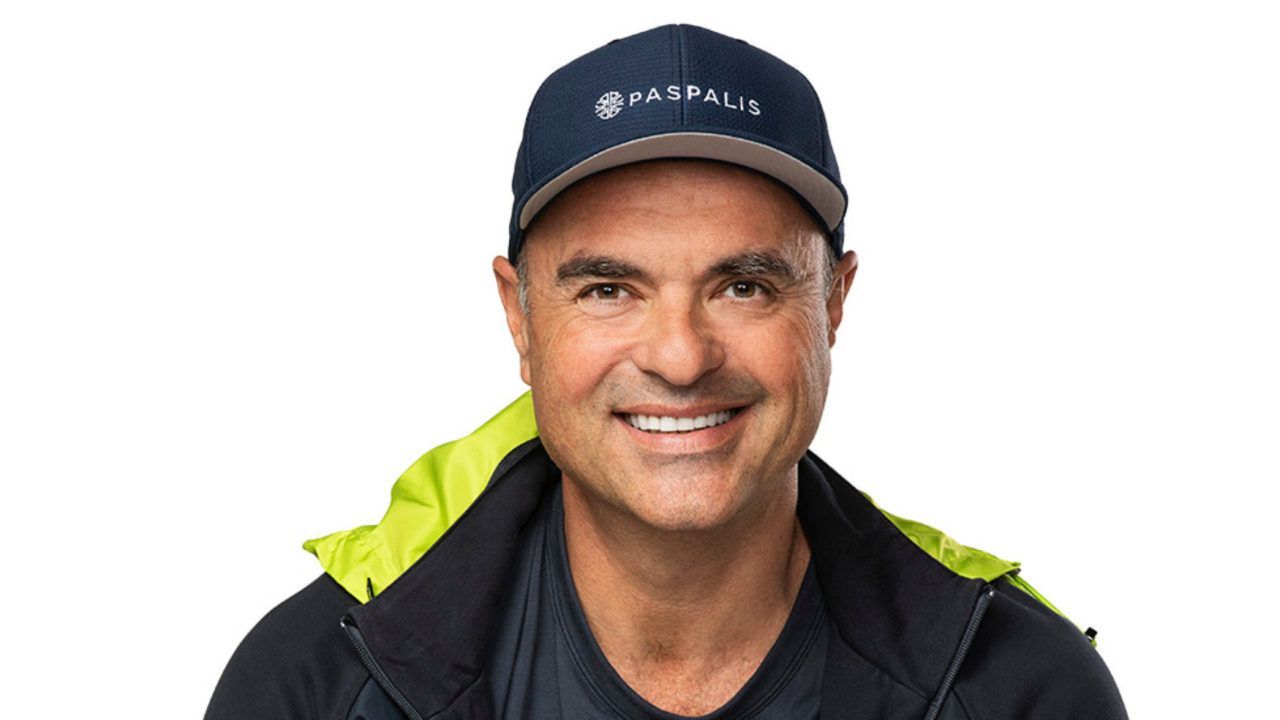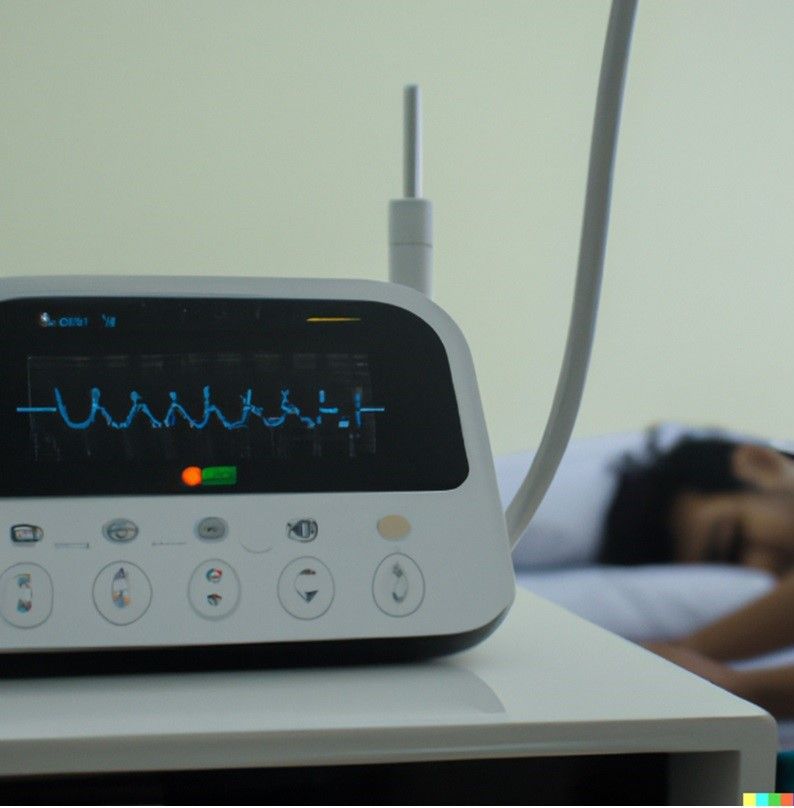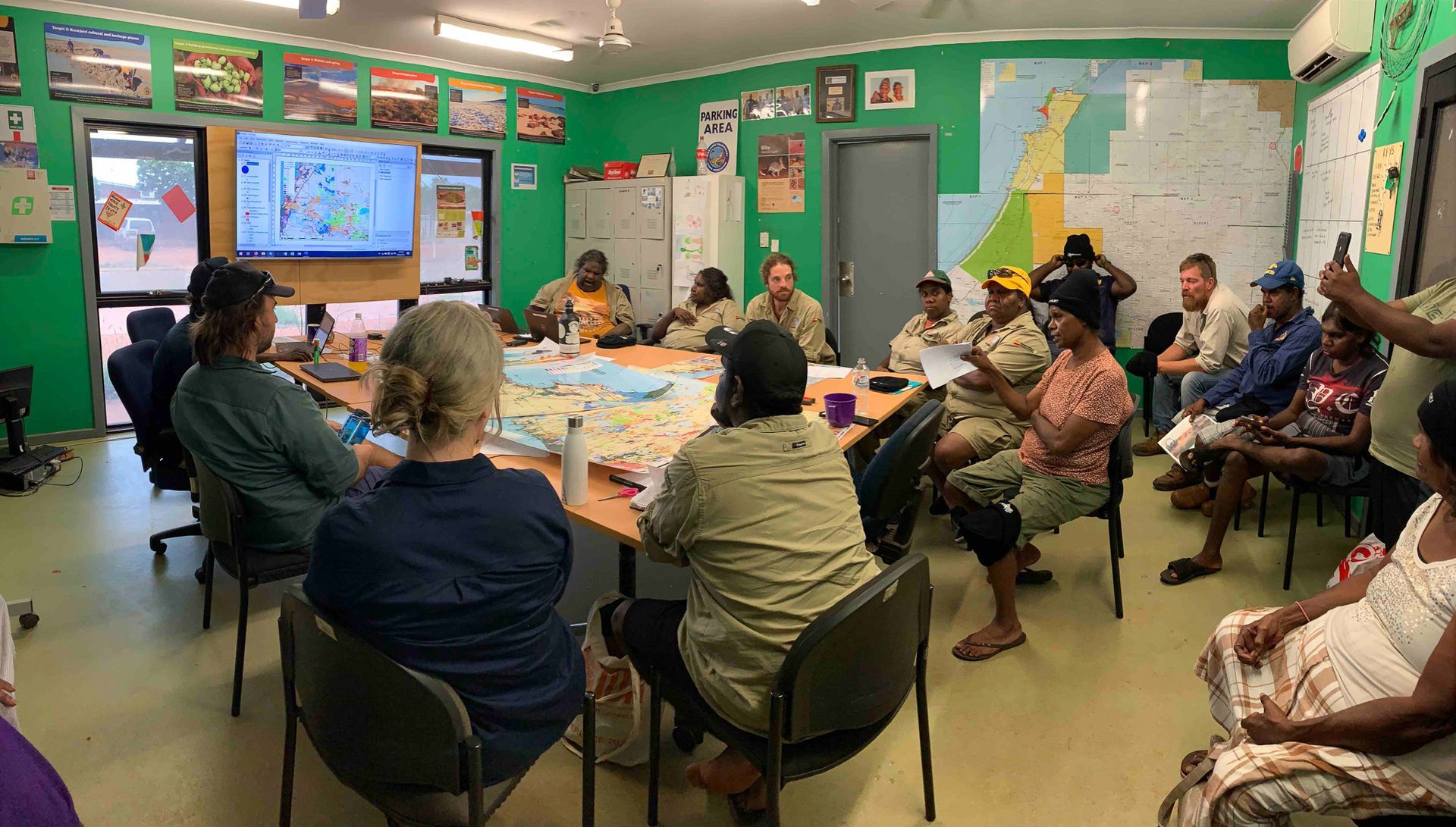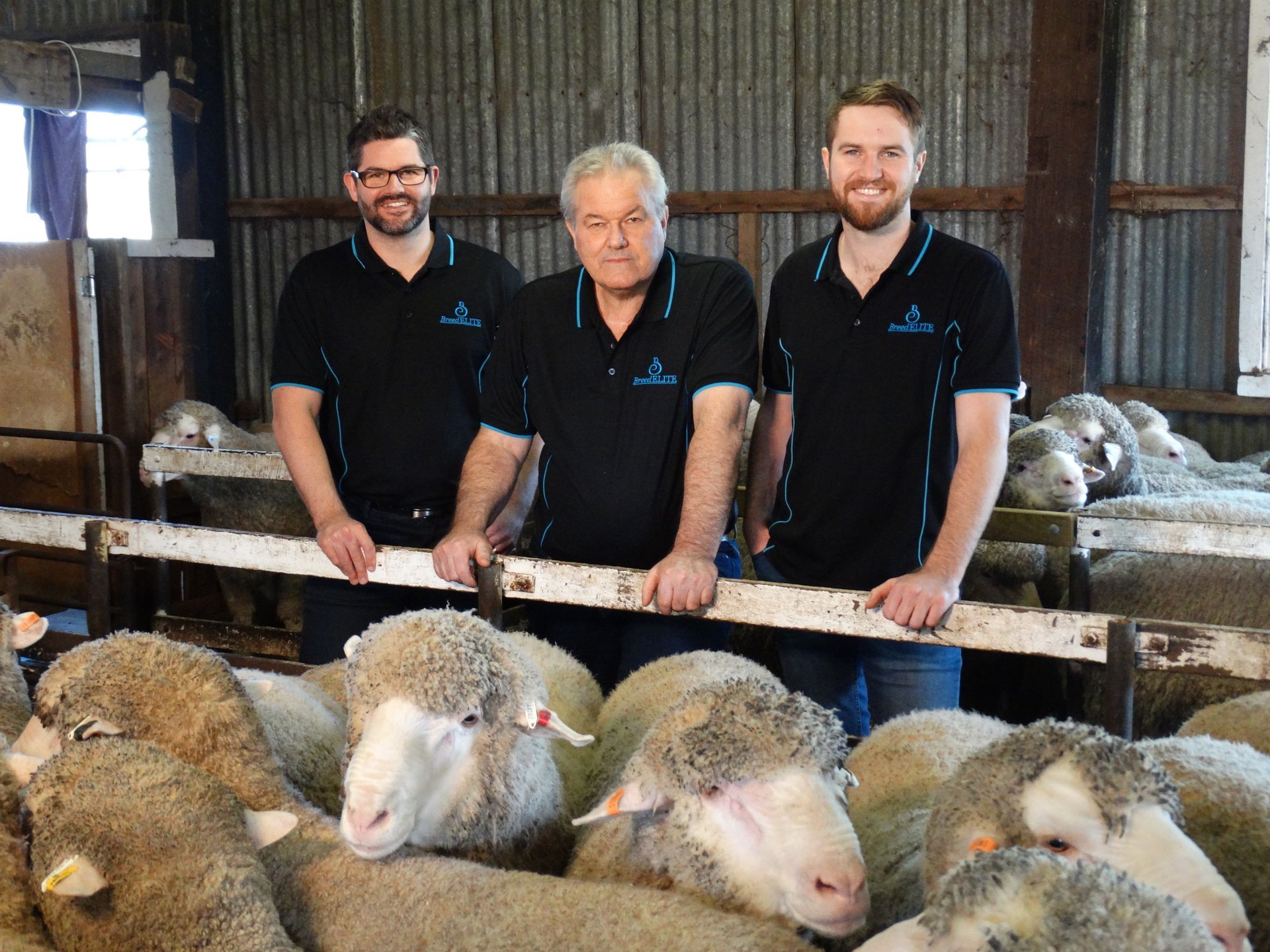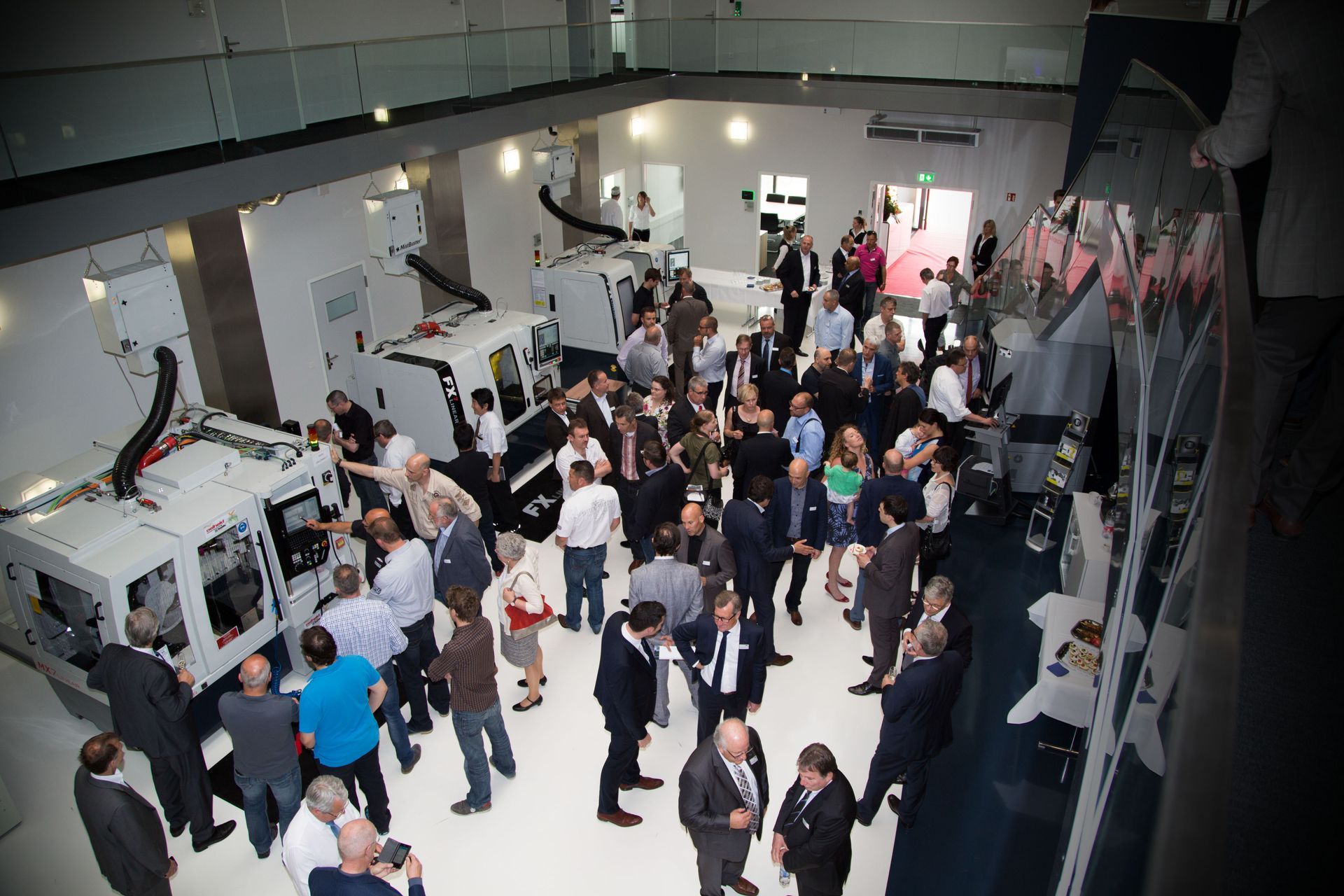Although the future of work remains human, Australia must respond to its major skills shortage
Staff writers

A new report by Deloitte Access Economics
reveals that the future of work will retain a human face, although Australia’s worsening skills shortage requires urgent action from policymakers.
The path to prosperity: Why the future of work is human
is the latest report in Deloitte’s Building the Lucky Country series, which explores the key challenges and potential opportunities for the Australian economy.
“There is clearly some anxiety about the future of work. Will robots send unemployment soaring? Will the advance of automation mean we lurch from one insecure job to another?” says Deloitte Australia CEO Richard Deutsch. “We say there’s no need to be scared, and that businesses need to be brave, not afraid.”
The report dispels three myths around the future of work. Contrary to beliefs that artificial intelligence and automation will take over jobs, new technologies will in fact create as many jobs as they render obsolete.
“Technology is driving change in the way we work, and the work we do, but ultimately it’s not a substitute for people,” says Deloitte Access Economics partner and lead report author David Rumbens. “Technology is much more about augmentation than automation, and many more jobs will change in nature because of automation, rather than disappear altogether.”
Employment is also growing in roles that are difficult to automate.
“Jobs increasingly need us to use our hearts – the interpersonal and creative roles, with uniquely human skills like creativity, customer service, care for others and collaboration that are hardest of all to mechanise,” Mr Rumbens says. “Much of the boring, repetitive work will be taken care of by technology, leaving the more challenging and interesting work for humans.”
Deloitte’s report also dismisses claims that people will have many jobs over the course of their careers and are no longer working in offices. Work is in fact becoming more secure and Australians are staying in their jobs longer than ever, while city CBDs are projected to remain a focal point for workers with few employees currently working remotely.
However, Australia currently faces numerous skill shortages across a range of areas central to the future of work. Today, the average worker lacks nearly two of the 18 critical skills advertised for a job. This is equivalent to 23 million skills shortages across the economy, a gap which will continue to grow.
“If we continue as we are, our national skills shortage will grow to 29 million by 2030, and far-and-away the bulk of those ‘missing skills’ will be those of the heart,” Mr Rumbens says.
Skills shortages of the heart identified in the report include customer service, leadership, sales and innovative thinking. These shortages will be most prolific in industries where people are central to driving how businesses create value.
The report also reveals that in all industries except agriculture, demand is expected to exceed supply in all top five skills sought by employers by at least 100 percent.
“Business leaders have to make active choices, and just buying skills won’t be enough, they will have to adopt an investment frame of mind and train them,” Mr Rumbens says.
Ensuring Australians have the skills they need, matching the needs of Australian businesses with the capacities of workers and encouraging more flexible workplaces could lift Australia’s national income by $36 billion per year by 2030.
The report includes a number of checkpoints that business leaders and policymakers can use to inform and drive action such as:
- Identifying human value
- Forecasting future skills needs
- Re-training, re-skilling and re-deploying
- Talking about technology honestly
- Recruiting and developing social and creative skills
“People, and their unique interpersonal and creative skills, will be central to the future of work, and how we structure this future, and prepare our workers, will say a lot about us as a society,” Mr Deutsch says. “Our decisions now will be a key driver of our economic success.”
You can read a summary of the report which includes interactive graphs here.

In 2016 I published a blog article titled Moonshots for Australia: 7 For Now. It’s one of many I have posted on business and innovation in Australia. In that book, I highlighted a number of Industries of the Future among a number of proposed Moonshots. I self-published a book, Innovation in Australia – Creating prosperity for future generations, in 2019, with a follow-up COVID edition in 2020. There is no doubt COVID is causing massive disruption. Prior to COVID, there was little conversation about National Sovereignty or supply chains. Even now, these topics are fading, and we remain preoccupied with productivity and jobs! My motivation for this writing has been the absence of a coherent narrative for Australia’s business future. Over the past six years, little has changed. The Australian ‘psyche’ regarding our political and business systems is programmed to avoid taking a long-term perspective. The short-term nature of Government (3 to 4-year terms), the short-term horizon of the business system (driven by shareholder value), the media culture (infotainment and ‘gotcha’ games), the general Australian population’s cynical perspective and a preoccupation with a lifestyle all create a malaise of strategic thinking and conversation. Ultimately, it leads to a leadership vacuum at all levels. In recent years we have seen the leadership of some of our significant institutions failing to live up to the most basic standards, with Royal Commissions, Inquiries and investigations consuming excessive time and resources. · Catholic Church and other religious bodies · Trade Unions · Banks (and businesses generally, take casinos, for example) · the Australian Defence Force · the Australian cricket teams · our elected representatives and the staff of Parliament House As they say, “A fish rots from the head!” At best, the leadership behaviour in those institutions could be described as unethical and, at worst….just bankrupt! In the last decade, politicians have led us through a game of “leadership by musical chairs” – although, for now, it has stabilised. However, there is still an absence of a coherent narrative about business and wealth creation. It is a challenge. One attempt to provide such a narrative has been the Intergenerational Reports produced by our federal Government every few years since 2002. The shortcomings of the latest Intergenerational Report Each Intergenerational Report examines the long-term sustainability of current government policies and how demographic, technological, and other structural trends may affect the economy and the budget over the next 40 years. The fifth and most recent Intergenerational Report released in 2021 (preceded by Reports in 2002, 2007, 2010 and 2015) provides a narrative about Australia’s future – in essence, it is an extension of the status quo. The Report also highlights three key insights: 1. First, our population is growing slower and ageing faster than expected. 2. The Australian economy will continue to grow, but slower than previously thought. 3. While Australia’s debt is sustainable and low by international standards, the ageing of our population will pressure revenue and expenditure. However, its release came and went with a whimper. The recent Summit on (what was it, Jobs and Skills and productivity?) also seems to have made the difference of a ‘snowflake’ in hell in terms of identifying our long-term challenges and growth industries. Let’s look back to see how we got here and what we can learn. Australia over the last 40 years During Australia’s last period of significant economic reform (the late 1980s and early 1990s), there was a positive attempt at building an inclusive national narrative between Government and business. Multiple documents were published, including: · Australia Reconstructed (1987) – ACTU · Enterprise Bargaining a Better Way of Working (1989) – Business Council of Australia · Innovation in Australia (1991) – Boston Consulting Group · Australia 2010: Creating the Future Australia (1993) – Business Council of Australia · and others. There were workshops, consultations with industry leaders, and conferences across industries to pursue a national microeconomic reform agenda. Remember these concepts? · global competitiveness · benchmarking · best practice · award restructuring and enterprising bargaining · training, management education and multiskilling. This agenda was at the heart of the business conversation. During that time, the Government encouraged high levels of engagement with stakeholders. As a result, I worked with a small group of training professionals to contribute to the debate. Our contribution included events and publications over several years, including What Dawkins, Kelty and Howard All Agree On – Human Resources Strategies for Our Nation (published by the Australian Institute of Training and Development). Unfortunately, these long-term strategic discussions are nowhere near as prevalent among Government and industry today. The 1980s and 1990s were a time of radical change in Australia. It included: · floating the $A · deregulation · award restructuring · lowering/abolishing tariffs · Corporatisation and Commercialisation Ross Garnaut posits that the reforms enabled Australia to lead the developed world in productivity growth – given that it had spent most of the 20th century at the bottom of the developed country league table. However, in his work, The Great Reset, Garnaut says that over the next 20 years, our growth was attributable to the China mining boom, and from there, we settled into “The DOG days” – Australia moved to the back of a slow-moving pack! One unintended consequence of opening our economy to the world is the emasculation of the Australian manufacturing base. The manic pursuit of increased efficiency, lower costs, and shareholder value meant much of the labour-intensive work was outsourced. Manufacturing is now less than 6% of our GDP , less than half of what it was 30 years ago!
